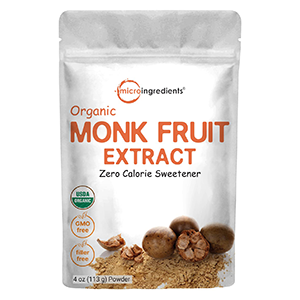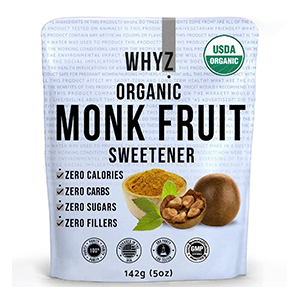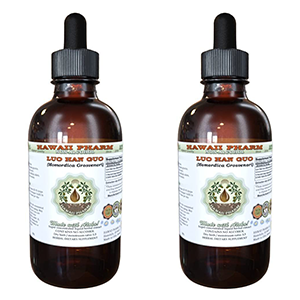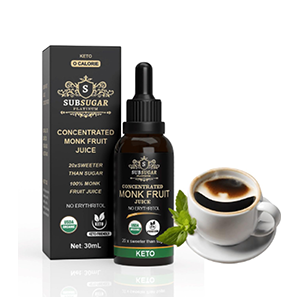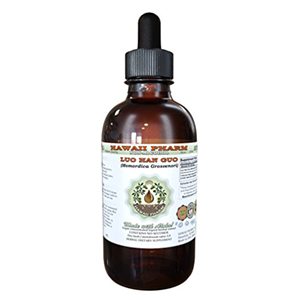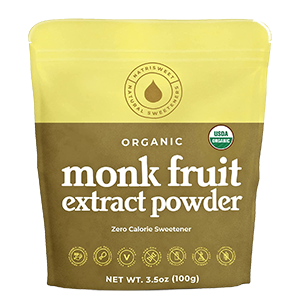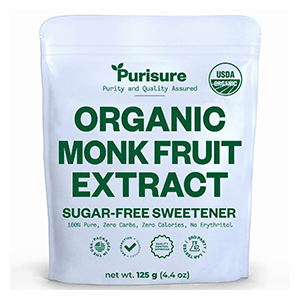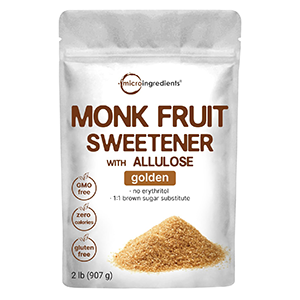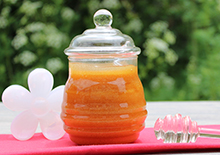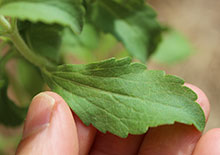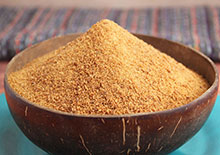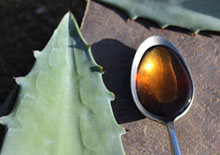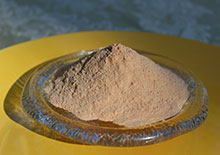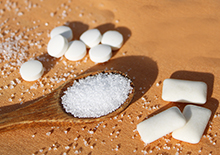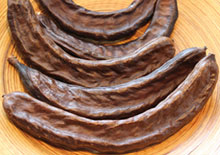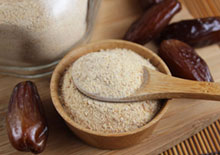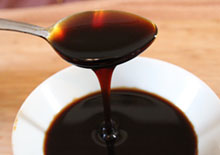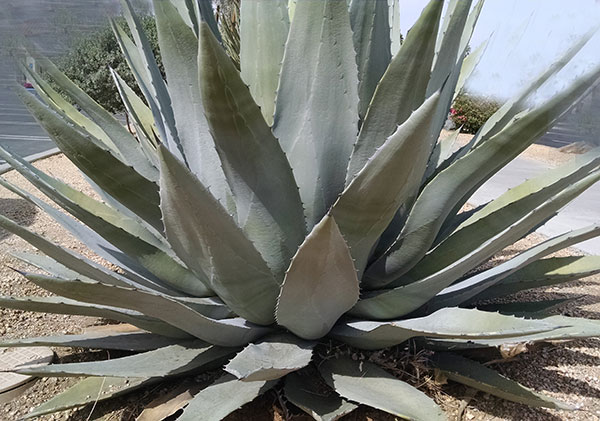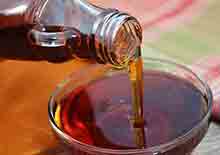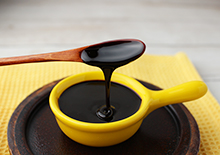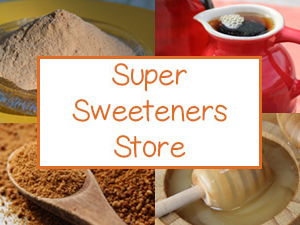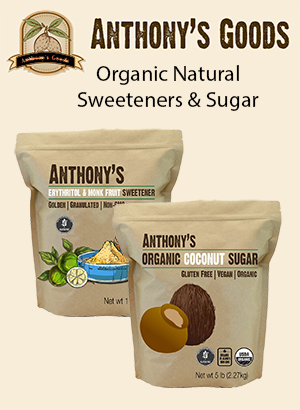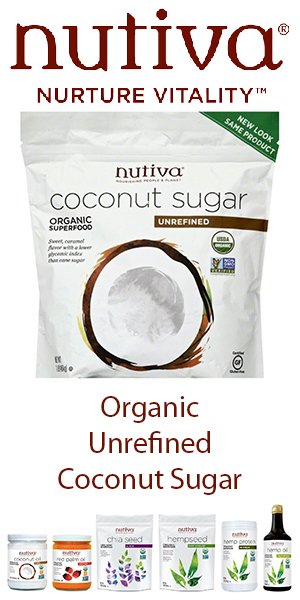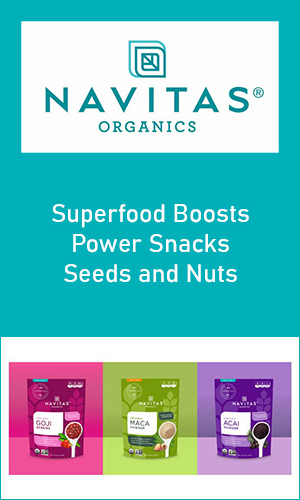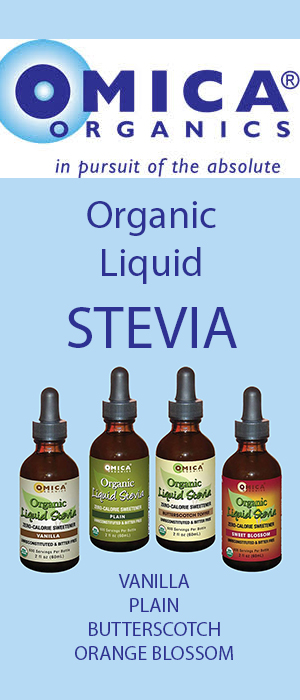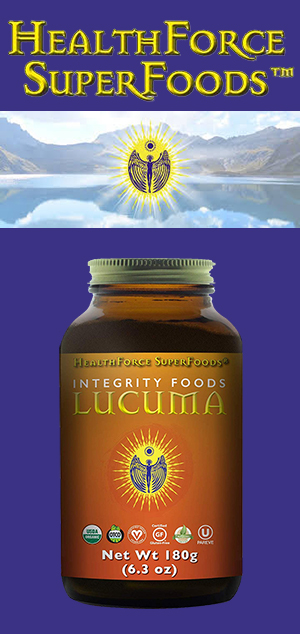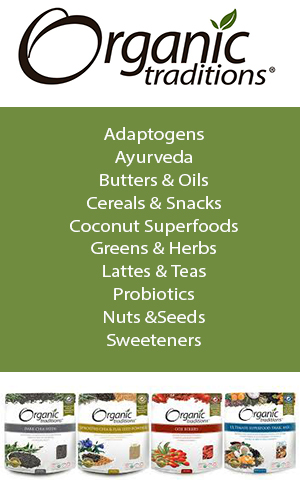- Home
- Sweeteners
- Monk Fruit Sweetener Review
Monk Fruit Sweetener Review, Different Types Plus Benefits
Intro | What Makes It Sweet? | Types | About Erythritol and Allulose | Benefits | Purchasing | Precautions | Shop
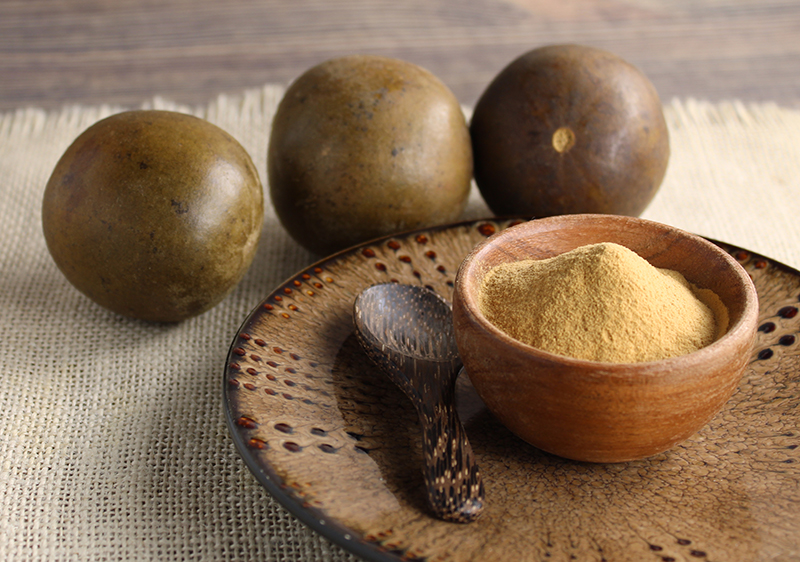
Monk fruit is an alternative sweetener made from the super sweet luo han guo species (Siraitia grosvenorii), native to parts of Southern China.
According to Chinese legends, Buddhist monks in the remote mountainous regions near the city of Guilin were the first to discover and use it in the 13th Century. The name "luohan" comes from the term arhat, which means "a monk that becomes enlightened".
Table of Contents
Intro | What Makes It Sweet? | Types | About Erythritol and Allulose | Benefits | Purchasing | Precautions | Shop
The round vine-growing fruits are from the Gourd family with the word "guo" describing their fruit-like quality. Because they tend to ferment quickly when ripe, they are usually dried via baking or hot-air dehydration for storage purposes.
While it's not the most
attractive of fruits, the segments of brown pulp surrounding the seeds are the parts used to
make extracts and bulk sweeteners. We'll get to the big difference
between the two further below.
Monk fruit is highly valued among health-conscious consumers these days because it has a VERY SWEET taste yet, unlike other sugars, has zero calories.

What Makes Monk Fruit Sweet?
It does actually contain minute amounts of natural sugar content, primarily fructose and glucose.
But, you might be asking yourself... "Well, if monk fruit doesn't contain significant amounts of sugar, where does the sweet taste come from"?
The answer to this question would be the fruit's triterpene glycosides known as the MOGROSIDES.
These are similar to the steviol glycosides found in stevia leaves.
Out of a total of five mogrosides (numbered I to V), MOGROSIDE-V or ESGOSIDE is by far the sweetest.
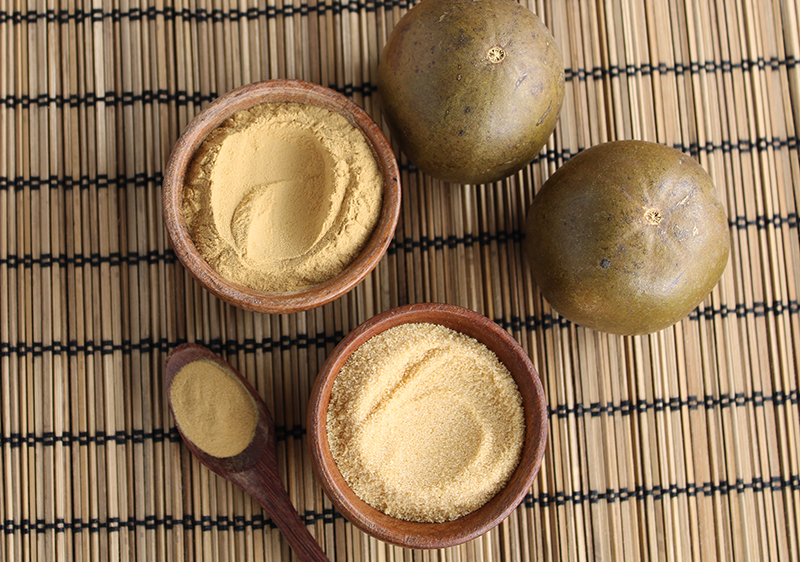
The 2 Types of Monk Fruit Sweeteners
1) Monk Fruit Extract - If you're looking for a beverage sweetener alternative, monk fruit extract is a good one. This is how we personally use monk fruit, to sweeten hot teas, elixirs or other drinks. It is straight monk fruit extract, pure and simple, with no other ingredients added. The powder is typically sold in small quantities (usually about 4-5 ounces) because you don't need much of it. Often between 1/4-1/2t to sweeten beverages. It is also available as a liquid extract made with the powder or juice. Extracts have a delicious sweet caramel-like flavor.
2) Monk Fruit Sugars - This type is sold in larger bulk amounts between 1-4 pounds, commonly to be utilized as a sugar substitute. It's used to cut the sugar content in things like dessert recipes or whenever you want to replace cane sugar (between a 1:1 or 1:1 1/2 ratio) as it has a similar crystalline consistency. To achieve this, monk fruit is combined with basically either two other ingredients: erythritol or allulose. They are usually available as a white or golden-colored sugar.
About Erythritol and Allulose
Both erythritol and allulose are essentially bulk refined sugar substitutes all on their own. However, although they are considered zero-calorie sweeteners, they are chemically lab-produced via enzymatic processes to extract them from food sources.
Erythritol can also come with some potential side effects linked to cardiovascular issues.
Way back when monk fruit sweeteners, like Lakanto, first became popular in the U.S., they were often made using ERYTHRITOL, a type of sugar alcohol often derived from corn.
The problem that eventually came to the forefront is that erythritol, in sensitive individuals, may cause bloating, gas and nausea. Even though it's not technically metabolized, once it hits the intestines it can sometimes wreak havoc. More importantly, however, elevated erythritol levels in mice were associated with increased risk for blood clots and cardiovascular issues in some research.
Therefore, now many monk fruit sweeteners advertise that they are "erythritol-free". So, if they don't contain this ingredient to provide the sugar-like crystals, what do they contain?
Enter ALLULOSE, a type of lab-produced sugar derived from fructose sourced from usually corn or sugar beet. It is naturally present in some fruits, like figs and jackfruit, as well as molasses and maple syrup. It has a smaller crystalline form but is now often used as an erythritol substitute in bulk monk fruit sweeteners.
Although allulose may also cause gastrointestinal discomfort in large amounts (*), it is not yet associated with the other mentioned more serious side effects.
Some
might consider both erythritol and allulose in the category of
"artificial" sweeteners, but of course, they are a little bit better
than say saccharin or aspartame. In addition, they may be preferred over refined cane sugars for reasons we will soon mention.
We did notice that as of 2024 it is hard to find organically certified monk fruit sweetener that contains either allulose or erythritol. They are however widely available as a GMO-free product.
Benefits of Monk Fruit
Keto Diet Sweetener
Mogrosides Antioxidants
Traditional Uses
Keto Diet Sweetener
Monk fruit is top on the list of keto sweeteners and can be a great asset for diabetics or those adhering to a low-sugar diet.
That's because, while it's very sweet, it's not metabolized as a type of sugar in the body. (Source) It therefore doesn't have any calories or carbohydrates, nor does it have a negative influence on blood sugar levels or cause tooth decay.
Technically speaking, the fruit does contain small amounts of fructose and glucose, but these levels are so low they are relatively insignificant.
Along with stevia, it is a recommended choice for those with candida overgrowth when other sugar types should be avoided.
Mogrosides Antioxidant Properties
Like sweet-tasting gypenosides in gynostemma leaves (also from the gourd family), monk fruit also has effects as an ANTIOXIDANT. (*)
This is due to its mentioned MOGROSIDES which are also saponins and triterpene glycosides. (*)
These mongrosides and their antioxidative attributes have been reviewed for their potential benefits in body weight management or when obesity is an issue.
Traditional Uses
Luo han guo is energetically COOLING to the body and has been traditionally consumed in teas and beverages to help relieve heatstroke, fevers and inflammation.
In other folk uses it is believed to benefit a cough and sore throat, clear phlegm, promote bowel movements and is viewed as tonifying to the lungs. It is sometimes added to soup broths for such purposes.
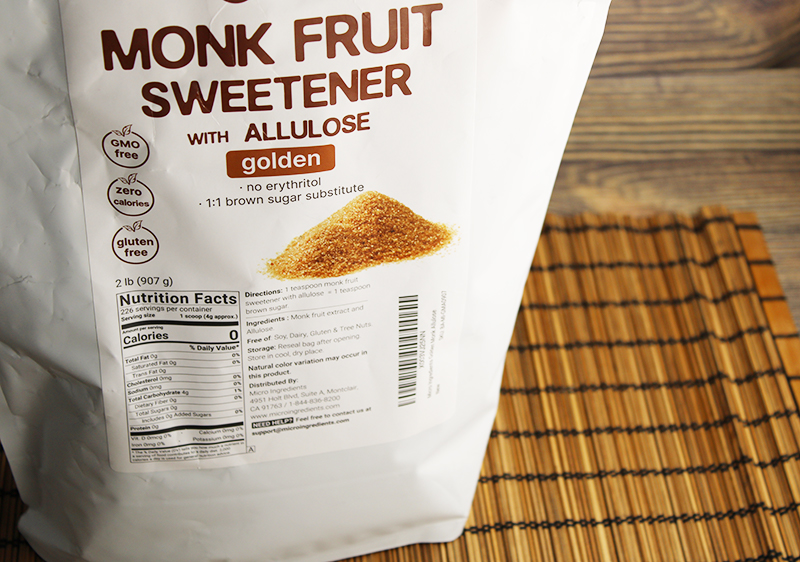
Purchasing Monk Fruit Sweeteners
There are many "not so healthy" brands and artificial sweetener manufacturers adding monk fruit extract with other ingredients to their product lines. While these choices might be an upgrade, it is good to be aware and read your labels.
Our personal favorite monk fruit sweeteners are the powder or liquid extracts with luo han guo as the only ingredient.
You can also make your own liquid extract from dried monk fruit pieces, much the same way you would make a liquid stevia recipe.
Precautions:
Consult your nutritionist or dietitian before using monk fruit sweetener if pregnant, nursing, taking prescribed medications or if you have a serious medical condition.

